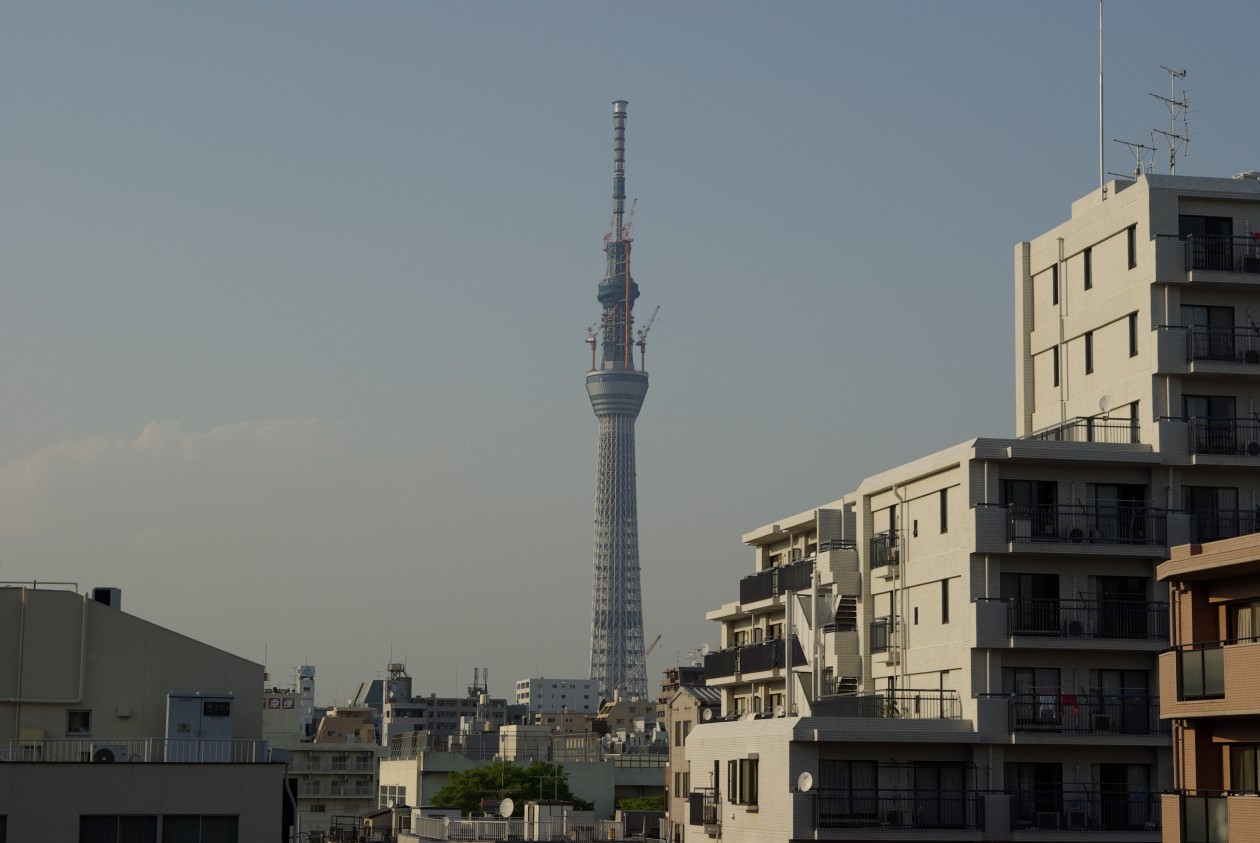Here is a summary of all the useful family words
Category Archives: KD 3-017 Airlines
Introducing my family
This is my family
The Japanese language has different words for members of the family depending on whether they are your own family, or someone else’s family. Then they also have a different way of talking to members of their own family and a way of talking about members of their own family when they are not present. Amid all this children make short-cuts and parents have their own way of communicating with their own children; that is no different in any other language or culture.
On the left (orange) you see the word as it is used for talking about someone else’s family and on the right (light blue) you see the word as it is used when talking about your own family when they are not present.
Sometimes Japanese use the title ちゃん chan instead of さん san, to show how close they feel to that person. It is a form of endearment.
Men and boys use ぼく boku in informal conversation, meaning ‘I’.
However, when you talk to your own younger brother you would use his name (even if abbreviated) and add くん kun to it. You would never refer to him by his rank, if he is a lower rank. It would be regarded as humiliating. The same you would do when talking to someone else’s younger brother. It is not cool to put someone down, even though you know he is younger.
However, when you talk to your own younger sister you would use her name (even if abbreviated) and add ちゃん chan to it. You would never refer to her by her rank, if she is a lower rank. It would be regarded as humiliating. The same you would do when talking to someone else’s younger sister. It is not cool to put someone down, even though you know she is younger.
We have added another point here (a little related because it is about modesty):
Another point that should be made is that, if you begin to learn Japanese, try very hard to leave out the word わたし watashi or ぼく boku or あなた anata. Sometimes it is essential so as not to confuse people, but in 9 out of 10 cases it is perfectly well understood that the conversation is about you or me. To use those pronouns would be a form of attention seeking; no different from (example):
ME wanting to talk about MY horse in MY meadow when the sun was shining on MY land and MY horse jumped over MY fence and then MY vet came to ME to give ME HIS bill for HIS consultation. It all happened on MY land. So there!
Really annoying and one would think that person does not have many friends.
Therefore introduce yourself as:
スミスです。 (My name) is Smith. or
なまえはスミスです。 (My) name is Smith.
Don’t say:
わたしのなまえはスミスです。
(It really means: “Attention, please! Please note that MY name is Smith!”) Just way too much!
Japan Airlines 日本航空 にほんこうくう
then there was that dark, bleak day…
Japan Airlines Flight 123
was a Japan Airlines domestic flight from Tokyo International Airport (Haneda) to Osaka International Airport (Itami) on August 12, 1985. The Boeing 747-146SR that made this route, registered JA8119, suffered mechanical failures 12 minutes into the flight and 32 minutes later crashed into two ridges of Mount Takamagahara in Ueno, Gunma Prefecture, 100 kms from Tokyo, on Monday 12 August 1985. The crash site was on Osutaka Ridge, near Mount Osutaka. All 15 crew members and 505 out of 509 passengers died, resulting in a total of 520 deaths and four survivors. At the time we lived in Gunma not far from the site and we certainly knew people who were personally affected by the disaster. It was a very bleak time.
It is currently the deadliest single-aircraft accident in history, and the third deadliest plane crash in history in terms of all fatalities behind the September 11, 2001 Attacks and the Tenerife airport disaster.
One famous passenger on board was the Japanese singer Ryu Sakamoto, famous for his ‘sukiyaki” song. (mainly from Wikipedia)
All Nippon Airlines ANA航空 ANAこうくう
This is the holiday package tour deal:
For more booking information:
For more historical information:

























































































































